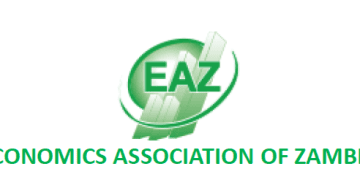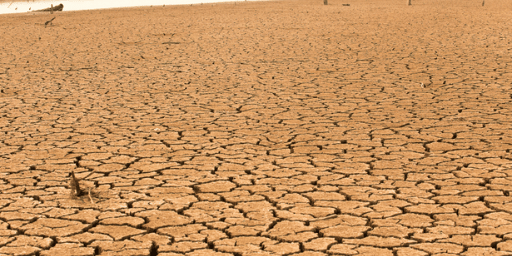Part 1
17.05.2024
El Niño and climate change are inextricably linked. However, El Niño often occur every 2-7 years and how it behaves with future climate change remains undetermined. As El Niño hit the continent of Africa with increasing frequency and intensity, exacerbated by climate change, the rivers and aquatic animal species are under severe threat, said Dr. Kamayoyo Kelvin, Technical Advisor for African Rivers. For instance in April, 2024 due to El Niño induced drought Hippos in Botswana were left stuck in drying channels near Nxaraga village in the Okavango Delta.
In literature, El Niño has been widely defined by various authors, which has no universal definition. Long ago, Peruvian fishermen called it El Niño, the Spanish phrase for the “Christ Child” (Dijkstra, 2006). Hurlburt et. al. defined El Niño oceanographically as a massive influx of warm water into coastal region of Peru and Ecuador (Hurlburt et. al., 1976). Philander defined El Niño phenomenon, as a combination of anomalously warm sea temperature, stronger than usual southward coastal current, high rainfall and floods in Ecuador as well as in northern Peru (Philander, 1990).
African Rivers is concerned with the impact El Niño is having on both humans and nature across the globe. The rivers that keep the ecosystems to thrive and humans to survive have become stressed due to the unrelenting El Niño and Climate change events. The El Niño and Climate change are both phenomenon endangering the health of rivers that are already impacted by undesirable human and industrial activities through pollution and plastic littering.
Globally, Climate change and El Niño events have continued to disrupt normal climate and weather patterns, and among the major casualties are the rivers. For instance, the sudden heavy rains induced by climate change in Nairobi, Kenya have caused floods and overflowing of Tana River. Further, the recent El Niño wave has been transitioning strongly in Africa causing unprecedented droughts, crop failures, floods, and looming food shortages.
For comments contact the author on email: info@african-rivers.org








































